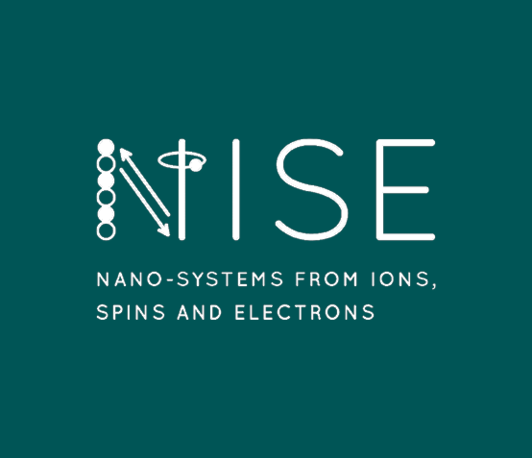Magnon Bose-Einstein condensates for data processing
NISE Seminar
- Datum: 16.05.2025
- Uhrzeit: 14:30 - 15:30
- Vortragender: Burkard Hillebrands
- Fachbereich Physik and Landesforschungszentrum OPTIMAS Rheinland-Pfälzische Technische Universität (RPTU) Kaiserslautern-Landau 67663, Kaiserslautern, Germany
- Ort: Max-Planck-Institut für Mikrostrukturphysik, Weinberg 2, 06120 Halle (Saale)
- Raum: Lecture Hall, B.1.11

There is a growing need for faster and more efficient information processing. The field of magnonics is seen as a path to better information processing technology, especially with regard to computing power and scaling properties. The basic idea is to use magnons, the quanta of spin waves, as information carriers.
Macroscopic quantum states of matter such as magnon Bose-Einstein condensates (BECs) are excellent candidates for classical and quantum information processing, in particular due to their inherent coherency. The wavefunctions of the magnon BECs describe highly populated boson states and thus justify a semiclassical approach. They can be generated at room temperature, allowing both wave-based BEC data processing and quantum-classical qubit computation.
Magnon Bose-Einstein condensates in in-plane magnetized magnetic films are spatially localized due to their zero group velocity. Therefore, the ability to control the transport properties of magnon BECs plays an essential role in their practical use for data processing.
I will discuss the transport properties of magnon BECs via the excitation of magnon supercurrents and address the enabling of room-temperature quantum computing functionalities using a two-wavevector component magnon BEC.